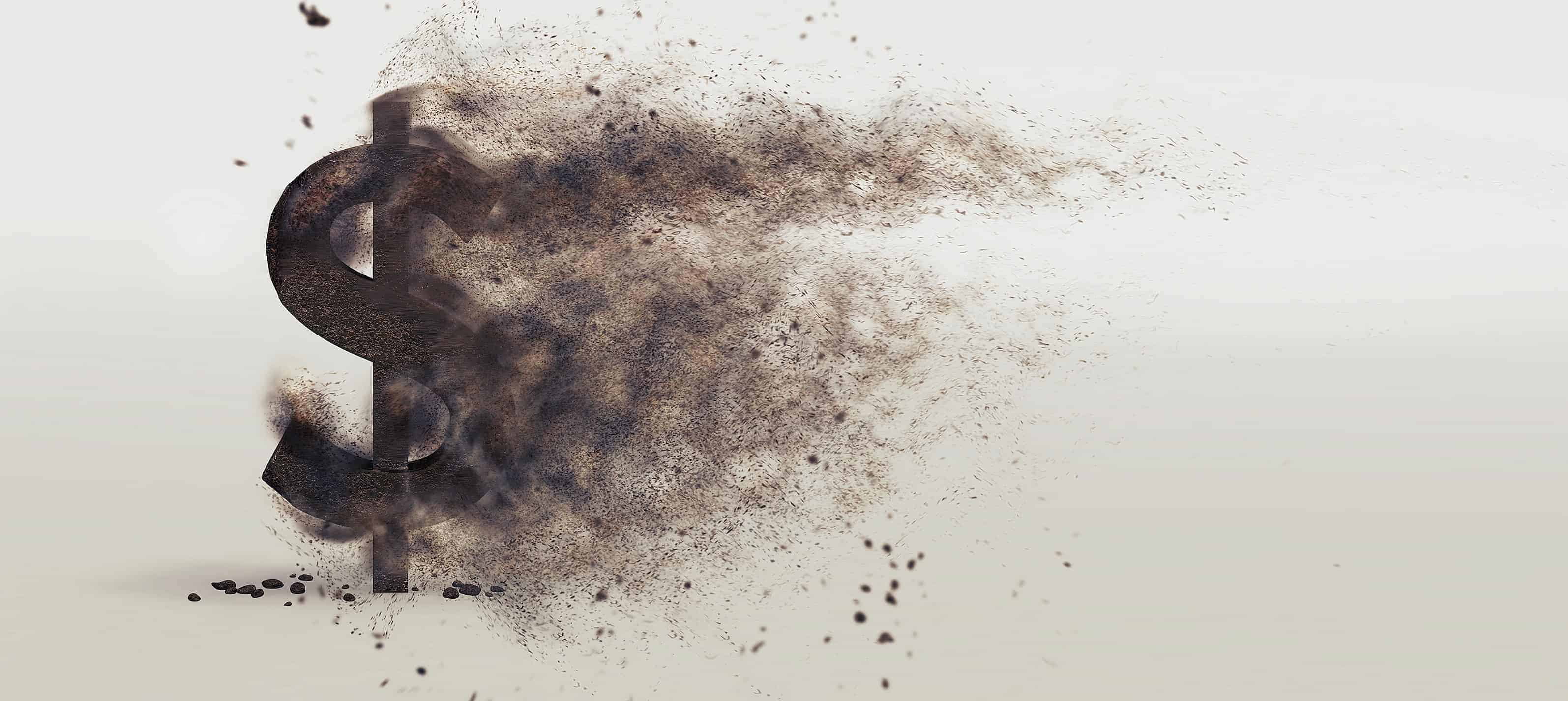If you follow the U.S. markets, you’re probably aware that American companies are spending considerable sums on share repurchases as a result of the tax savings from the federal corporate tax rate being lowered from 35% to 21%.
Bloomberg Gadfly columnist Stephen Gandel recently analyzed the announced spending plans of 51 companies in the S&P 500. He wanted to see how much those companies were spending on stock buybacks compared to business investments, higher wages, dividends, etc.
The biggest chunk going to shareholders
Of the US$42.9 billion in announced spending plans by the 51 companies, 49% is going to buybacks and increased dividends, 29% is going to business investments, and just 19% is trickling down to employees in the form of higher wages and benefits.
It’s not a big surprise that employees came last.
Naturally, here in Canada, the experts are calling on Ottawa to follow Trump’s lead and drop the federal corporate tax rate to remain competitive with the U.S. That’s a slippery slope keeping up with the Joneses, but you can be sure the executives on this side of the border are banging the drum for change because nothing seems to elicit managerial glee more than a stock buyback.
Doing it Warren’s way
Berkshire Hathaway Inc. (NYSE:BRK.A)(NYSE:BRK.B) CEO Warren Buffett prefers buybacks over dividends — so much so, he’s thinking about raising the company-imposed threshold on stock buybacks from 1.2 times book value to something higher, such as 1.4 times book.
I hope he doesn’t, because it sets an excellent example for other executives who are terrible at buying back stock. Here in Canada, I’ve got three examples of companies that are wasting shareholder money by buying back stock at nosebleed levels.
The biggest wasters
CGI Group Inc. (TSX:GIB.A)(NYSE:GIB) is the number one holding of the hugely successful Morningstar National Bank Quebec Index, a collection of almost 60 stocks based in Quebec. There’s no question CGI Group is a very successful IT company.
However, when it comes to share repurchases, I’m not nearly as positive.
In fiscal 2017, which ended at September 30, CGI Group repurchased 13.8 shares at an average price of $62.87. The company’s average book value per share in fiscal 2017 was $20.56. Thus, CGI Group paid 3.1 times book value — 158% higher than Berkshire Hathaway’s current ceiling.
Thomson Reuters Corp. (TSX:TRI)(NYSE:TRI) might be controlled by Canada’s wealthiest person in David Thomson, but its stock has been a big dud in recent years. Averaging less than 5% annually over the past three years, it’s having a hard time figuring out what type of business it wants to run.
In 2016, I liked TRI at $55. Now trading at less than that, so I’m not nearly as confident in its future, and neither are investors.
In the first nine months of 2017, which ended on September 30, Thomson Reuters repurchased 18.5 shares at an average price of US$43.60. The company’s average book value per share over the latest 12 months was US$16.28. Thus, CGI Group paid 2.7 times book value — 125% higher than Berkshire Hathaway’s current ceiling.
TRI stock currently trades around US$40, below what it paid to buy back the 18.5 million shares.
Air Canada (TSX:AC)(TSX:AC.B) had a quite a year in the air and markets, delighting shareholders and taking its stock to all-time highs. As Fool contributor Karen Thomas pointed out, it’s making all the right moves.
In fiscal 2017, the airline repurchased four million of its shares at an average price of $17.49. The company’s average book value per share over fiscal 2017 was $8.21. Thus, Air Canada paid 2.1 times book value, 75% higher than Berkshire Hathaway’s current ceiling.
Yes, its shares are currently trading above $27, so Air Canada has got a nice return on its investment, but that can quickly fade. Remember, Air Canada’s shares traded below $8.21 as recently as August 2016.








